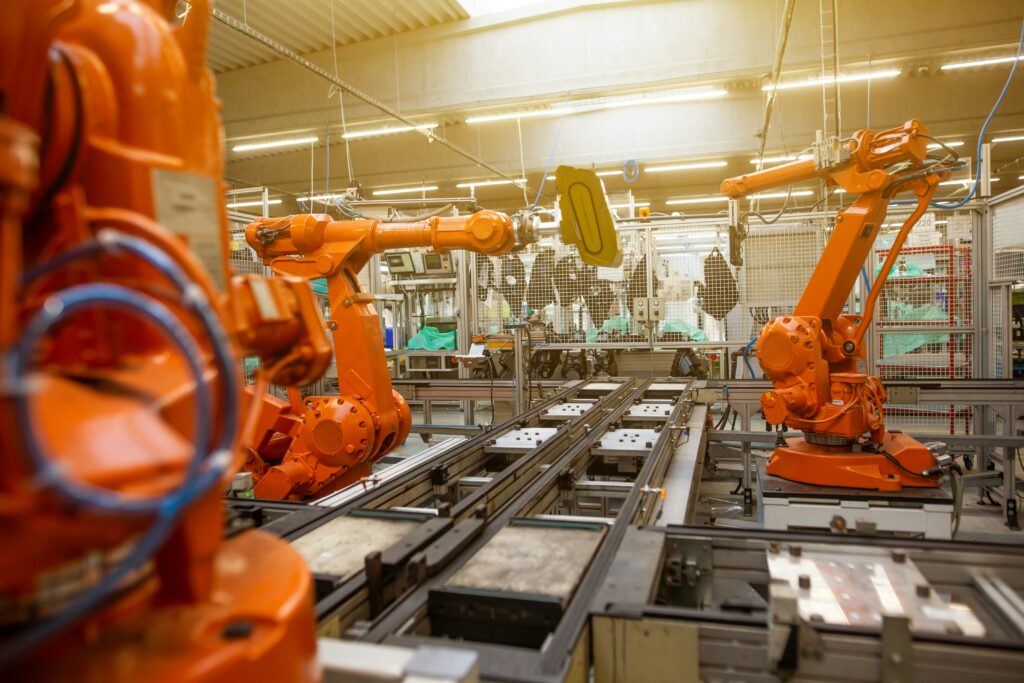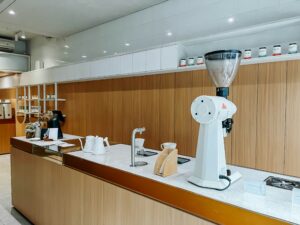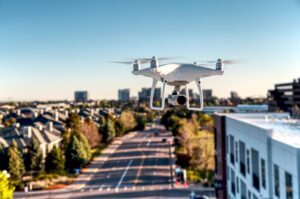Have you ever imagined a world where robots could be your coworkers? Well, that future might be closer than you think. With advancements in artificial intelligence and robotics, companies are increasingly turning to automation to improve efficiency and productivity in the workplace.
According to a report by McKinsey & Company, robots are already performing a wide range of tasks across various industries, from manufacturing to healthcare. In fact, the global market for industrial robots is expected to reach $30 billion by 2025. This rapid growth in automation is not only changing the way businesses operate but also impacting the future of work for many employees.
As technology continues to evolve, the debate around the impact of robots on employment is heating up. While some argue that automation will lead to job losses, others believe that it will create new opportunities and roles for workers. One thing is for certain – the rise of robots in the workplace is reshaping the way we think about the future of work.
Ultimately, the integration of robots into the workforce signifies a significant shift in how businesses operate and how employees collaborate with machines. As we navigate this new era of technology-driven innovation, it’s essential to consider the implications for both businesses and the broader societal landscape. The future of work is evolving, and robots are here to stay. Are you ready to welcome your new robotic colleagues?



